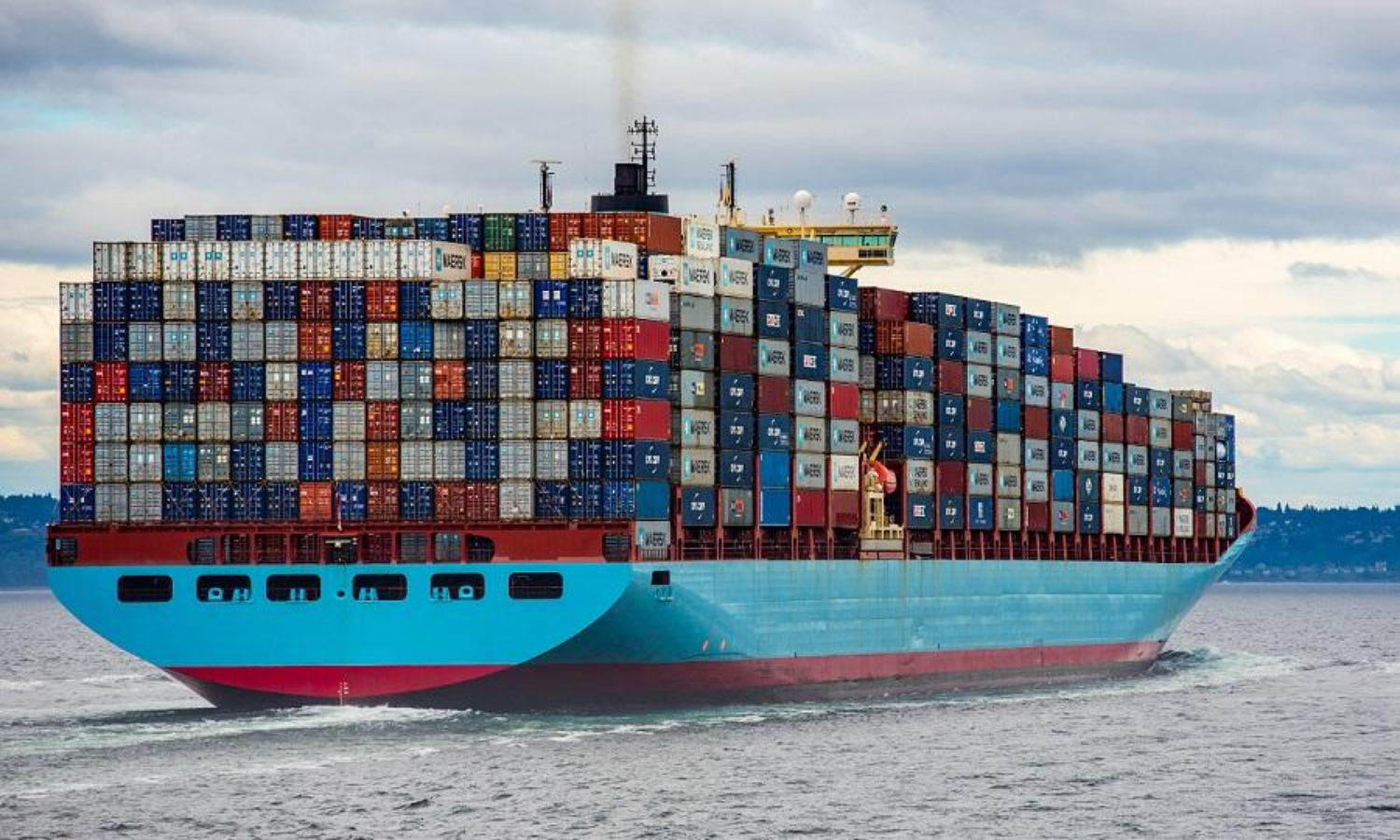Inflation, recession biggest fears in 2023: Container xChange
Chances of new strikes are high due to inflation-related rise in prices putting pressure on workers’ disposable incomes

As many as 88 percent respondents fear that the biggest impeding factor for businesses in 2023 will be inflation and recessionary fears, followed by implications of war (57 percent), impact of Covid in China (53 percent) and worker strikes (23 percent), according to the Container LogTech predictions report for 2023 by Container xChange.
“The overall outlook for the year 2023 for the supply chain industry remains challenging," says Christian Roeloffs, co-founder and CEO, Container xChange. "Europe is hit hard with all-time high inflation. China struggles to cope with the virus and the U.S. continues to witness hinterland transportation challenges and labour unrest. Most of these challenges will stay in 2023. Consumer confidence will pick up but it really depends on whether we witness more disruptions in the coming times.”
The report says that the long-term shipping contract rates will see an uptick in 2023, though gradually. "This slow increase applies to all modes of transport. With negotiations going on to bring contract rates in line with spot rates, a reset is expected. On the other hand, until there is a balance reached between supply and demand, forwarders will favour short-term contracts until the rates stabilise. Freight forwarders will employ a wait and see approach before making any long-term air cargo capacity commitments.”
The unresolved worker strikes of 2022 will spill over in 2023, xChange added. "The chances of new strikes coming up are high due to inflation-related rise in prices putting pressure on workers’ disposable incomes. Labour dissatisfaction might grow in European and North American economies. In that case, it will cause disruptions in global supply chains."
The number of protests and strikes affecting port operations quadrupled last year to 38 incidents, according to Crisis24, a maritime security consultancy, Bloomberg reported.


